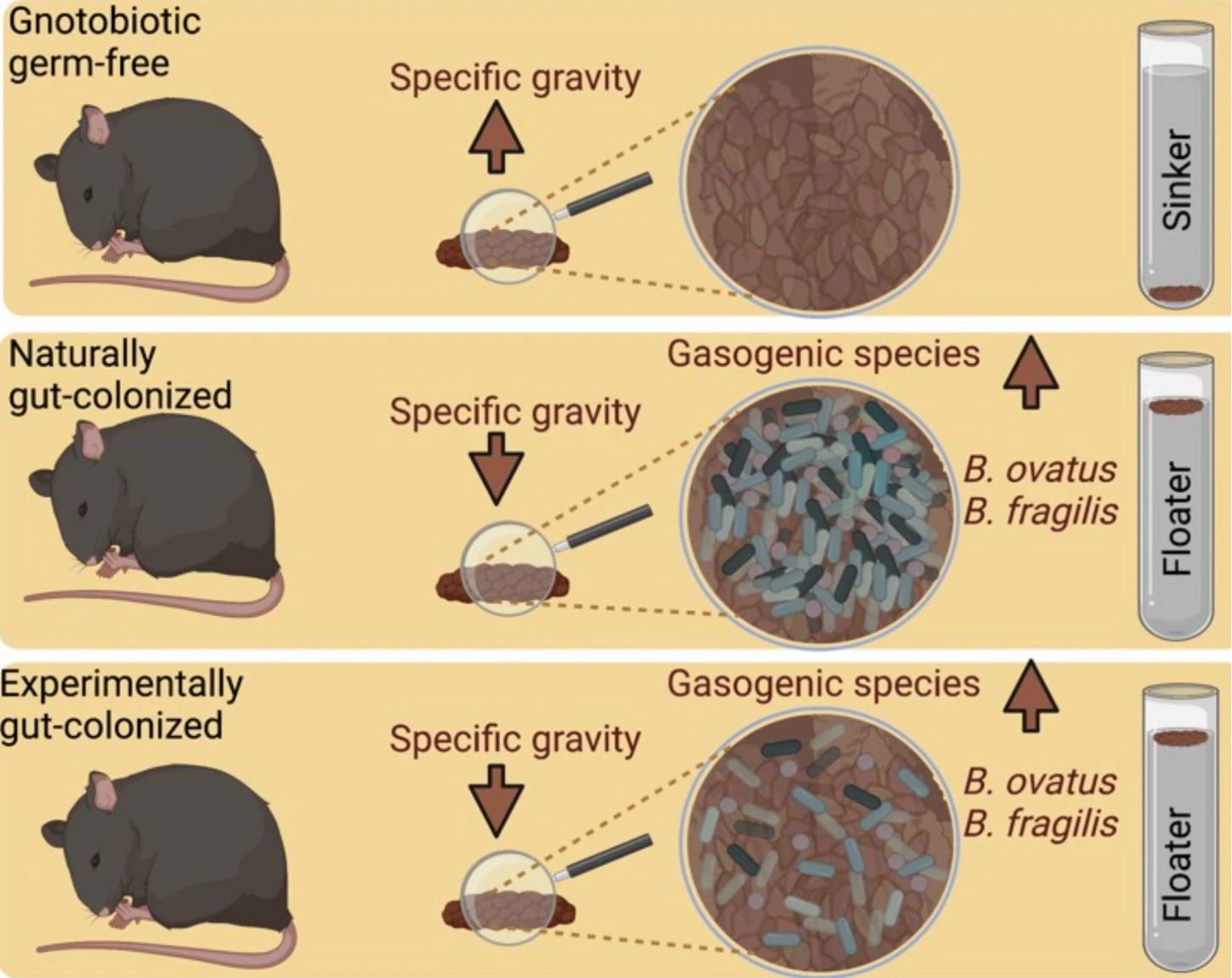Many people use the spring as an incentive to shed a few pounds before the bikini season begins. Unfortunately, many people quickly put back on the weight that they had just recently lost. But, why does this happen? Why do so many people end up failing on their diet?
In many countries, most of the population (around 80 percent) has tried a diet at least once in the past. Yet, this is often with no lasting results. Because of the “yo-yo effect,” many people who try to lose weight end up gaining as much as they lost before. Diets are effective in the long run as a single weight-control treatment only in a few rare cases. There are several obstacles that prevent this. Current therapy methods can be improved upon only if the potential reasons for diet failure are understood.
Cutting down on food intake for a short time isn’t effective
For people seeking to lose weight, diets are typically a temporary way to get the weight off as rapidly as possible. Many diets are so complicated from the start that they can only be followed for a limited period of time. Most of the time, the diet is over once the weight has been lost. This is equivalent to having the patient’s primary care physician withdraw the medication when the ideal blood pressure is achieved.
The term “diet” originates from the Greek for “lifestyle,” and this means a lot. Long-term changes in diet and way of life, beyond the weight-loss period, are necessary for maintaining a healthy weight loss. This is often overlooked by diet plans.
The diet failure rate is further boosted by the fact that many people set themselves impossible targets. Any weight loss plan that sets a weekly target of 11 pounds (5 kilos) is certain to fail.
As a result of the high likelihood of failing to achieve such weight goals, motivation wanes, and the diet is abandoned. There is no universally effective diet plan that can be applied to everyone. There is only a small percentage of overweight people who may successfully lose weight by following a certain diet, exercising regularly, and changing their eating habits.
Both restrictions and freedoms taken to the extreme might be detrimental
Diet plans with a behavioral framework that does not proclaim categorical bans like “no more chocolate” and does not make particular foods mandatory like the “cabbage diet” are actually more effective in the long run. Those diets help people avoid binge eating, which is often driven by the simplest urges when prohibitions or absolute rules are broken.
The availability of over 200,000 different foods in supermarkets is a boon to quality of life. However, a high-calorie intake is another consequence of a wide food selection. Numerous studies have demonstrated that people tend to consume more calories when they have a wide array of options to choose from.
Extra-large servings of high-calorie meals can increase calorie intake. The “discount effect” is at play here. The customer is getting a lot of value for his or her money, making it a desirable offer. But this is bad news for your weight since the higher calorie intake is rarely balanced out. When we are trying to lose weight, most of us don’t just eat less at the next meal; we consume the same amount we normally would.
In certain cases, there simply is no remedy
Some causes of diet failure can’t be sidestepped. A genetic tendency, for instance, or the outward expression of undesirable behaviors that have already taken place over decades, cannot be reversed in such a manner. However, by making certain adjustments to your way of life, you may boost the odds of long-term diet success even under such circumstances.
In addition to lots of healthy activity and training, keeping in active contact with family, friends, and the doctor who is treating you actually aids in weight loss.
For a diet to be successful, establishing attainable targets and a range of monitoring options is crucial.





















